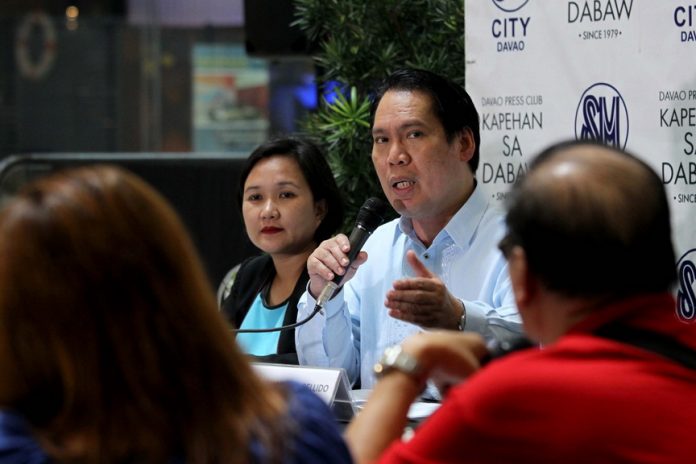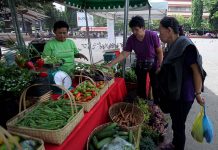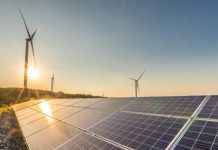
The Overseas Workers Welfare Administration regional office here is ready to assist returning Overseas Filipino Workers (OFWs) from the Kingdom of Saudi Arabia who came home with President Rodrigo Duterte on Monday.
Eduardo Bellido, OWWA-XI regional director, said that 150 OFWs arrived with the President after they were granted amnesty by the Saudi government under its 90-day amnesty program dubbed as “Nation Without Violations.”
Bellido said they are still checking how many of the returned OFWs were from the Davao region.
He said the returned OFWs who are members of OWWA can avail of a non-cash livelihood package worth PHP10,000 under its “Balik-Pinas! Balik-Hanapbuhay!” program.
He said non-OWWA members could avail of re-integration programs offered by other agencies such as the Department of Labor and Employment’s Assist WELL (Welfare, Employment, Legal and Livelihood) program, which would entitle returned OFWs a local job referral or placement courtesy of the Bureau of Local Employment.
During the arrival of the OFWs, they received PHP5,000 from President Duterte and PHP5,000 from the OWWA national office.
They were also provided with post repatriation services such as temporary shelter at the OWWA halfway home, psychosocial counseling or stress debriefing, medical referral, transport services or fare for their onward travel to respective provinces.
So far, 331 OFWs have availed of the amnesty, Bellido said, adding that 5,000 OFWs in KSA were expected to avail the amnesty programoffered by the Saudi government.
Bellido said the OFWs who availed the amnesty were no longer required to pay the monthly penalty of 50 Saudi Rial (PHP661).
In his arrival speech, President Duterte said the immediate assistance given to the returned OFWs is just a small amount compared to their contribution to the country’s economy.
Duterte, who returned from his week-long official visit to the Middle East, said the Gulf State is an important region for the Philippines because it is not just home of the largest number of Filipino Workers Overseas but also a partner for the country’s conventional energy needs and an emerging source of broader two way-trade and investments. (PNA)






